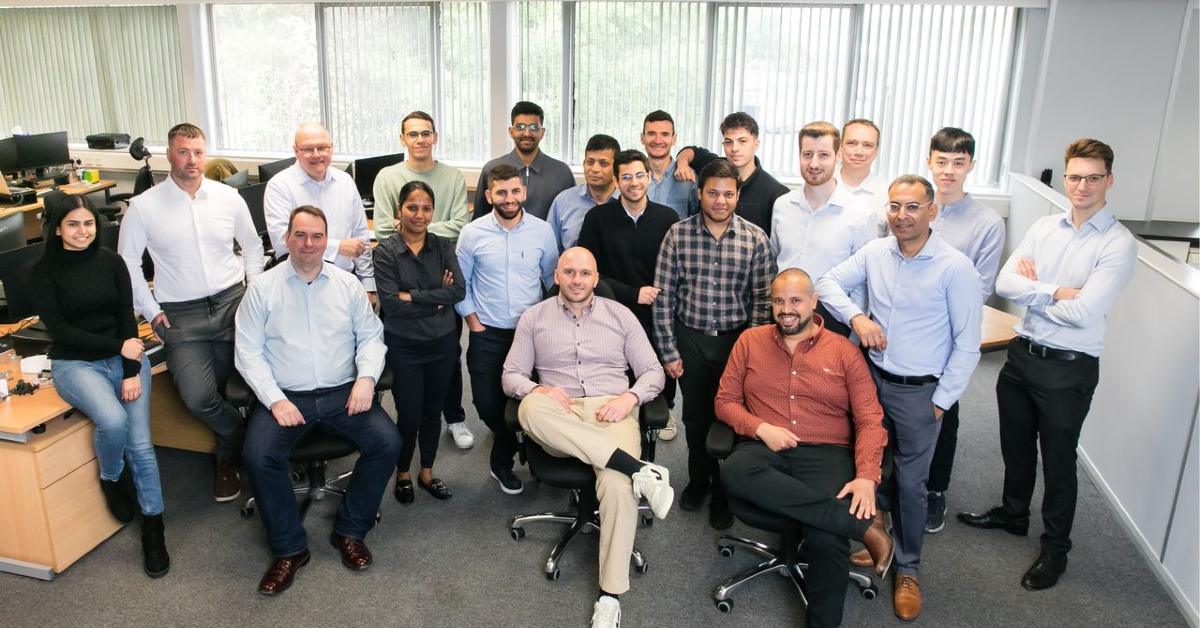Bristol, UK-based Anaphite, a company that has developed technology to incorporate graphene into the next generation lithium-ion batteries, announced on Friday that it has raised £4.1M (approximately €4.84M) in a Seed round of funding.
The investment was led by Elbow Beach Capital, with participation from Silicon Roundabout Ventures, Wealth Club, Blue Wire Capital, OION, Zero Carbon Capital, and Deeptech Labs.
With this deal, Jon Pollock has joined Anaphite’s Board of Directors. Pollock says, “The advancement of lithium-ion battery technology is an essential part of the green energy transition and Anaphite’s technology has the potential to accelerate the already rapidly growing EV market.”
Capital utilisation
Anaphite says it will use the proceeds to open licence negotiations with a material supplier or cell manufacturer and build a materials demonstration reactor with a 100kg/day production volume.
In a statement, Anaphite reports that by the end of 2023, it will test possible niche markets for its technology, such as e-bikes and drones, validate its battery prototype with an OEM, and construct a 10m roll-to-roll coating line showcasing its low-energy battery manufacturing method. The company aims for its technology to be used in commercial EV production by 2028.
Alexander Hewitt, COO and co-founder of Anaphite, says, “I truly believe we are in a great position to have a significant impact in the fight against climate change by accelerating the mass adoption of EVs with our fast-charging graphene technology.”
In the next growth phase, Joe Stevenson, who will start working with Anaphite as CEO in September, will oversee the organisation’s expansion. Stevenson, who was most recently working as a Commercial Director for Arcola Energy and Ballard Motive Solutions, has over 20 years of expertise in the technical and business industries. His last position at Johnson Matthey was Director of Corporate Strategy.
Powering the sustainable energy revolution
Founded in 2018 by Sam Burrow and Alex Hewitt, Anaphite aims to accelerate the mass adoption of battery electric vehicles by developing and licensing technologies which enable faster charging, increased range and lower-cost batteries.
The company claims to be developing a self-assembly technology to produce graphene-enhanced cathodes and coating techniques for EV batteries, particularly Li-ion batteries.
There will be an increased demand for dependable and affordable EVs, fueled due to the upcoming ban on all new sales of gasoline and diesel vehicles in the UK, Europe, and the US in 2035. By 2050, it is predicted that more than half of all vehicles in the UK would be electric.
Discovered in 2004, graphene is a special substance with a number of desired qualities, including high electrical and thermal conductivity and significant strength. While graphene can be useful on its own, its capabilities are fully realised once it is combined with other substances. Anaphite’s technology incorporates graphene into battery materials via an inexpensive and scalable process that fits directly into existing cell production lines.
Anaphite, which is focused on improving lithium-ion batteries for the automotive sector, says batteries account roughly for over 30 per cent of an EV’s expenditures, and Anaphite’s technology can lower those prices by about 10 per cent. With this technique, the company may potentially cut charging time by 50 per cent while simultaneously increasing battery capacity and charge rates.










01
From telecom veteran to Dutch Startup Visa success: The Jignesh Dave story